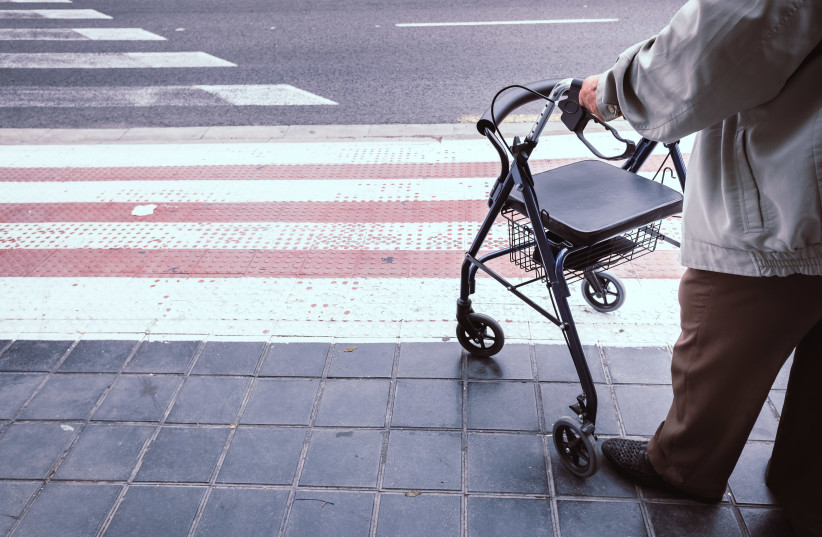Some 75% of Israelis claimed the State of Israel does not do enough to promote the rights of people with disabilities, a new Access Israel poll released on Thursday found.
Access Israel, an Israeli NGO dedicated to promoting accessibility for and inclusion of people with disabilities and the elderly, conducted a poll for the International Day of Disabled Persons this Friday, December 3.
Half of all 553 responders said they know someone who uses a disabled badge that does not belong to them for parking.
Israeli public transportation, including buses and taxis, has received criticism for not being accessible enough for disabled persons, according to over half of the responders.
In addition, half of all responders stated most restaurants and cafés in Israel are inaccessible to people with disabilities.

Yet, perhaps the most worrying result from the poll is that a third of all Israeli parents do not want their children to study in school with disabled children.
"Unfortunately, we were not surprised by the painful data the poll showed," said Access Israel founder Yuval Wagner.
"When the state itself does not comply with the implementation of accessibility legislation, no wonder these are the results," Wagner added.
"As long as Israel remains inaccessible, one and a half million Israelis and their families will continue to feel hurt, suffering and left behind."
Of all 553 responders, 207 were Israeli disabled persons.
